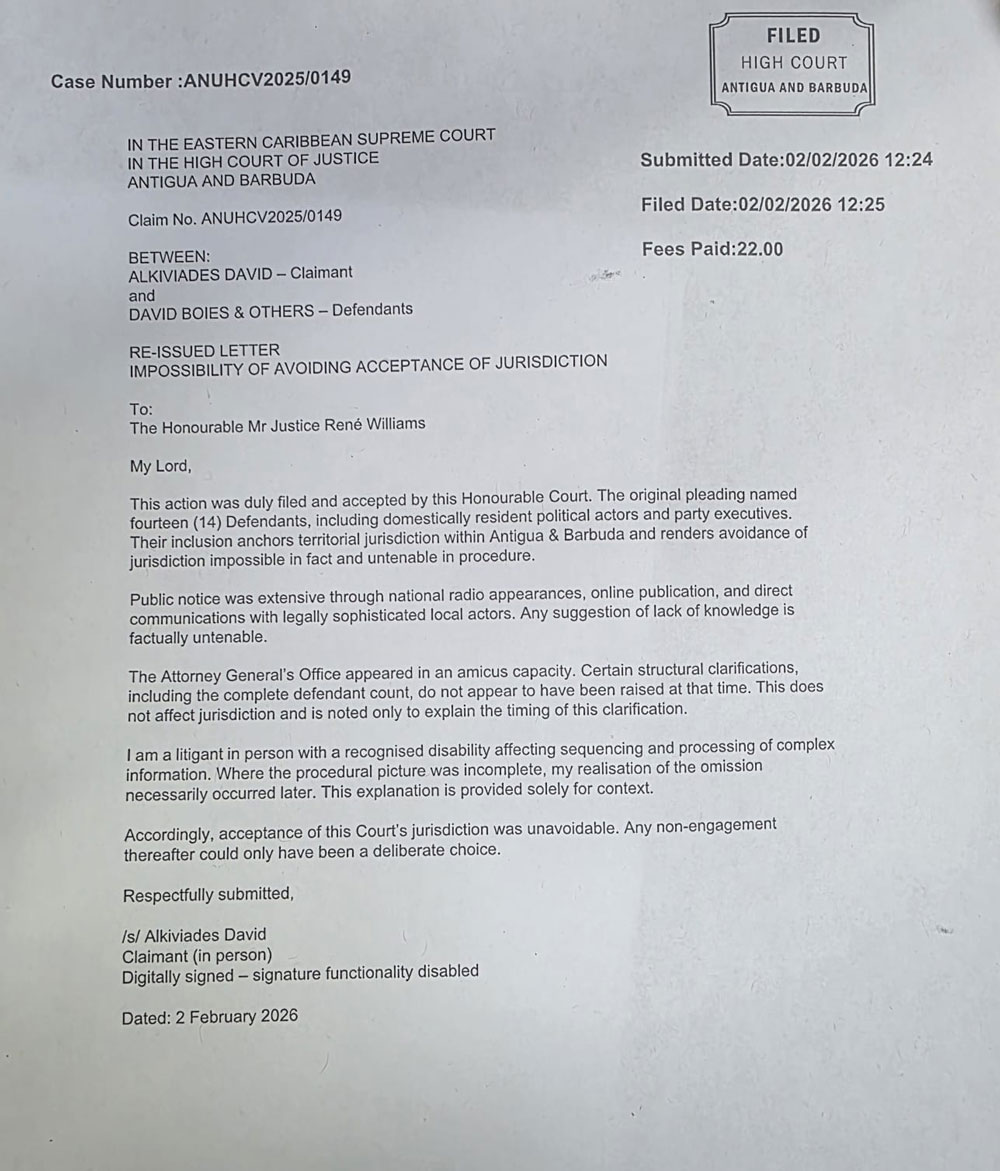LOS ANGELES (AP) — The star of Sean Feucht — once a little-known conservative Christian worship leader and musician — began to climb in 2020 as he challenged government restrictions brought on by the coronavirus tightening grip on the world.
At well-attended protest concerts that brazenly flouted social distancing rules, he became a poster child against public health regulations curtailing in-person religious practice. This shift positioned Feucht alongside high-profile conservative figures, including President Donald Trump and conservative influencer Charlie Kirk.
His ministry's income exploded from $243,000 in 2019 to $5 million in 2020, raising concerns over transparency and financial ethics as former staff accused Feucht of mismanaging funds.
Three former associates with Feucht’s organizations, such as Burn 24-7, shared allegations of financial mismanagement and verbal abuse within the ministry.
Christy Gafford, a former director for Sean Feucht Ministries, was dismissed for questioning the ministry's financial handling and the burden placed on volunteers.
Feucht dismissed the accusations as false, claiming the critics were disgruntled former volunteers lacking insight into the ministry's finances.
Real estate acquisitions questioned
Feucht claims his ministry's expenses cover outreach trips and real estate, including a significant property in D.C. Nonetheless, records reveal nearly $7 million in properties acquired since 2020, raising questions about their usage for actual ministry work.
In addition to ministry properties, Feucht’s personal real estate holdings are valued at $4.5 million. Former associates and watchdog organizations express concerns regarding the appropriateness and necessity of such acquisitions.
Christian watchdogs raise concerns
Organizations like MinistryWatch have criticized Feucht's ministry for a lack of transparency, giving it an F rating. Concerns about the organization’s financial practices hinge on their decision not to file mandatory financial reports after 2020.
Former associates describe a culture of urgency and crisis within the ministry that often led to burnout and financial strain among its volunteers.
Still a unique figure among worship leaders
Despite allegations against him, Feucht continues to command a significant following and remains active in addressing issues that resonate with conservative Christians. His unique positioning as a musician and activist has earned him both support and controversy.
Ultimately, the future of Feucht's ministry may hinge on resolving these allegations and attaining clarity regarding its financial practices.


















